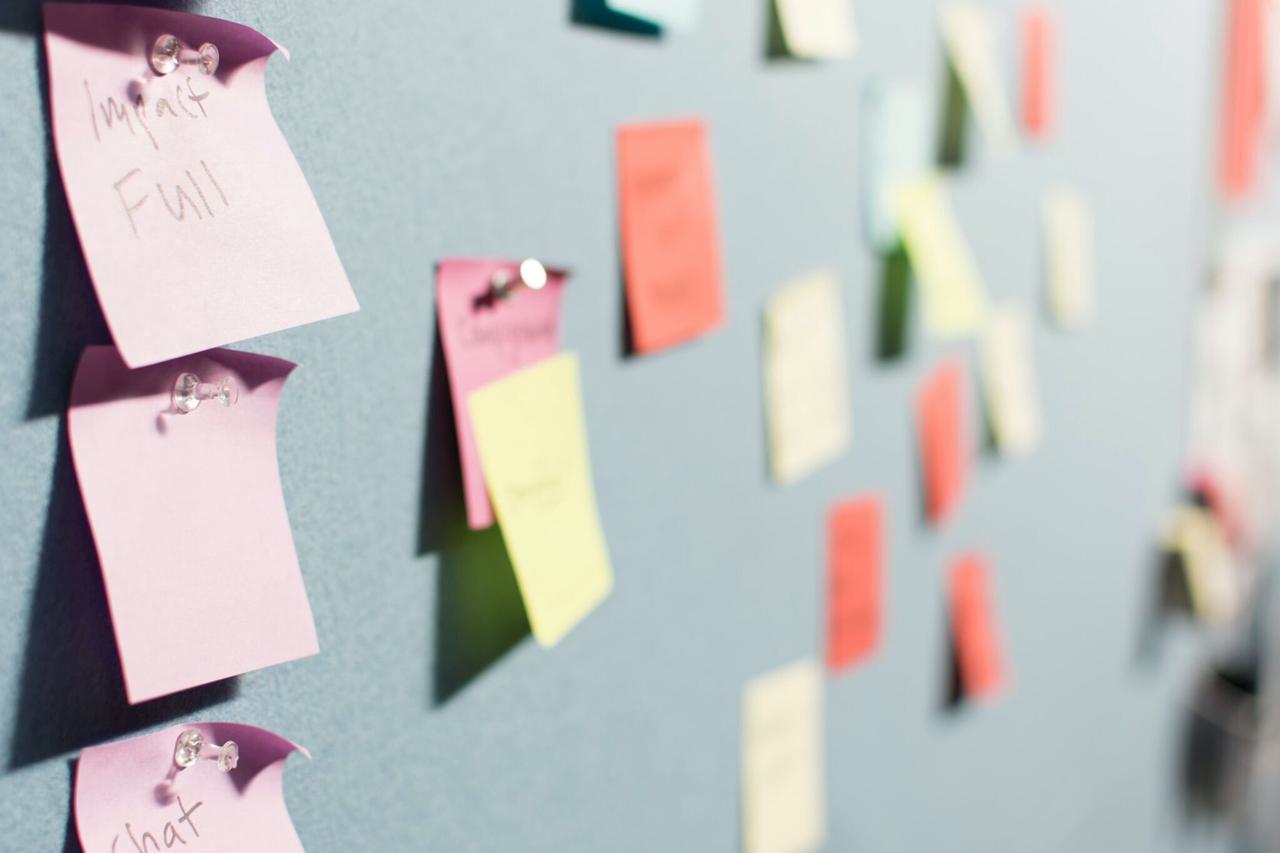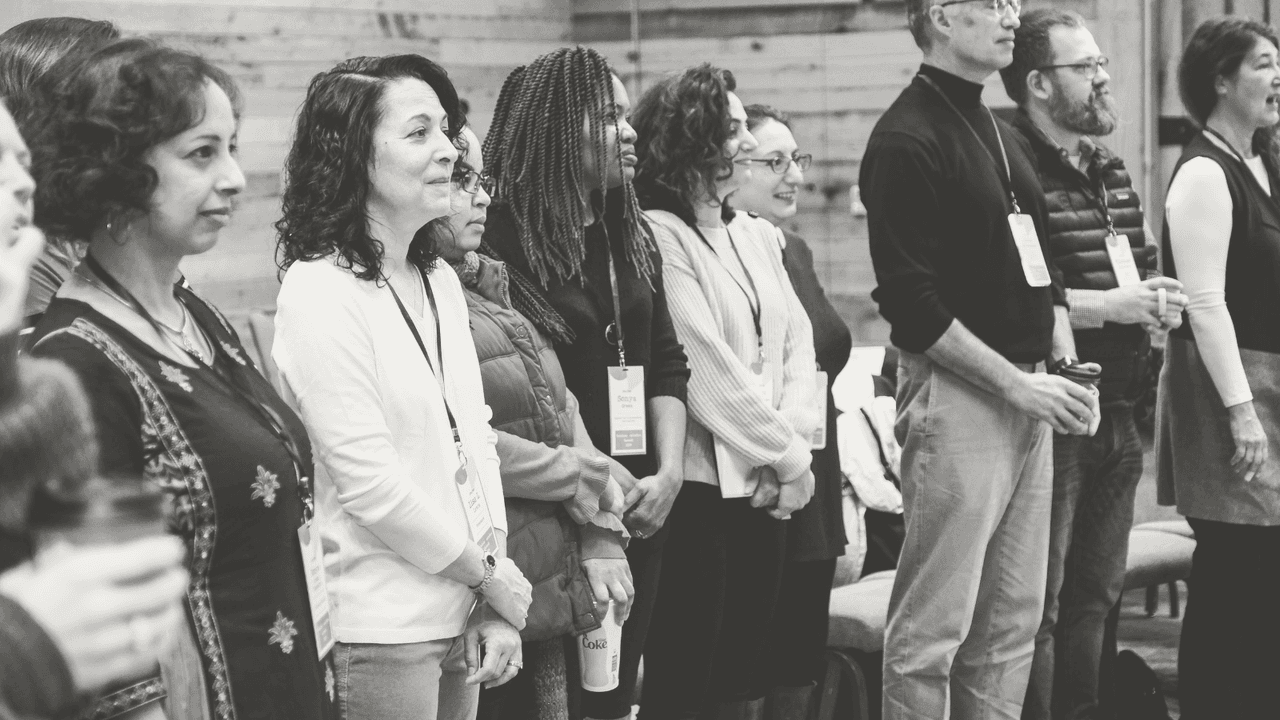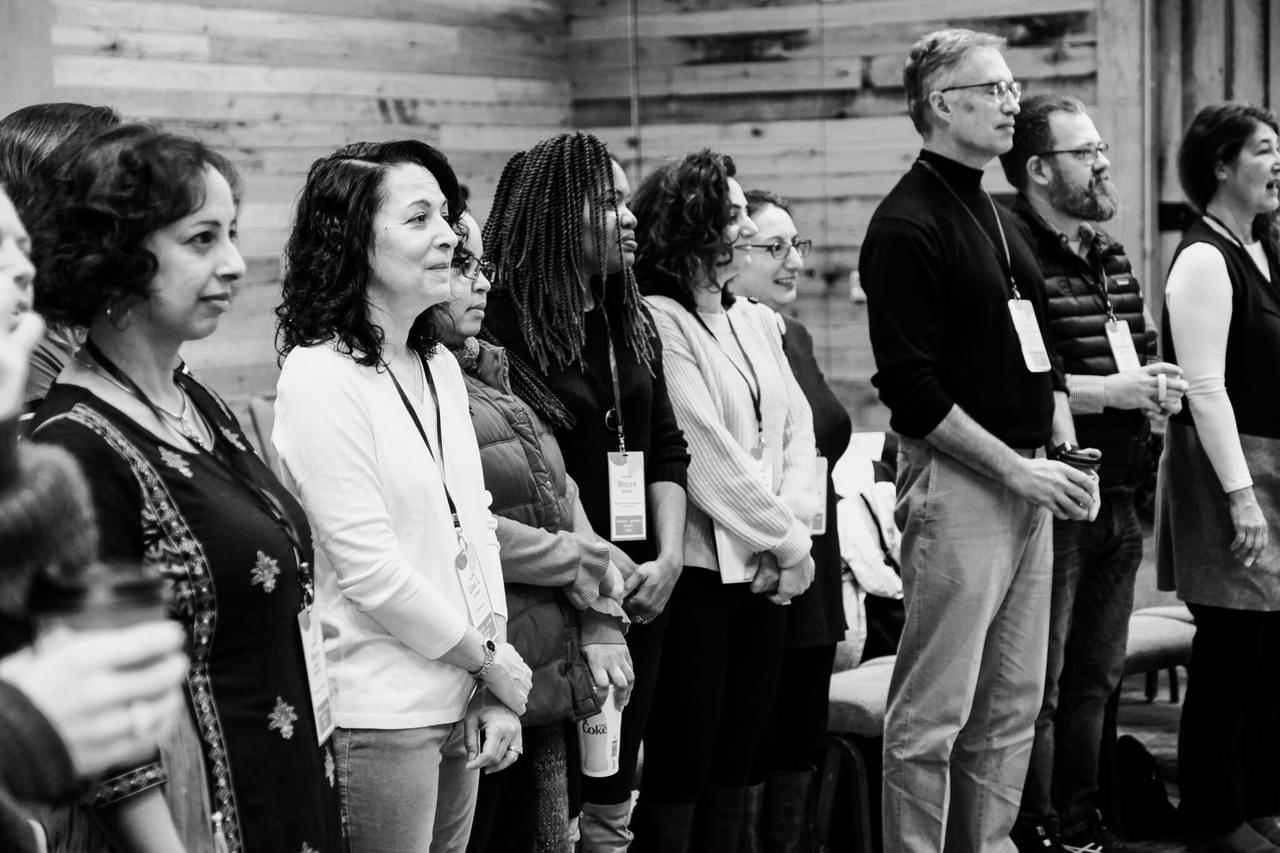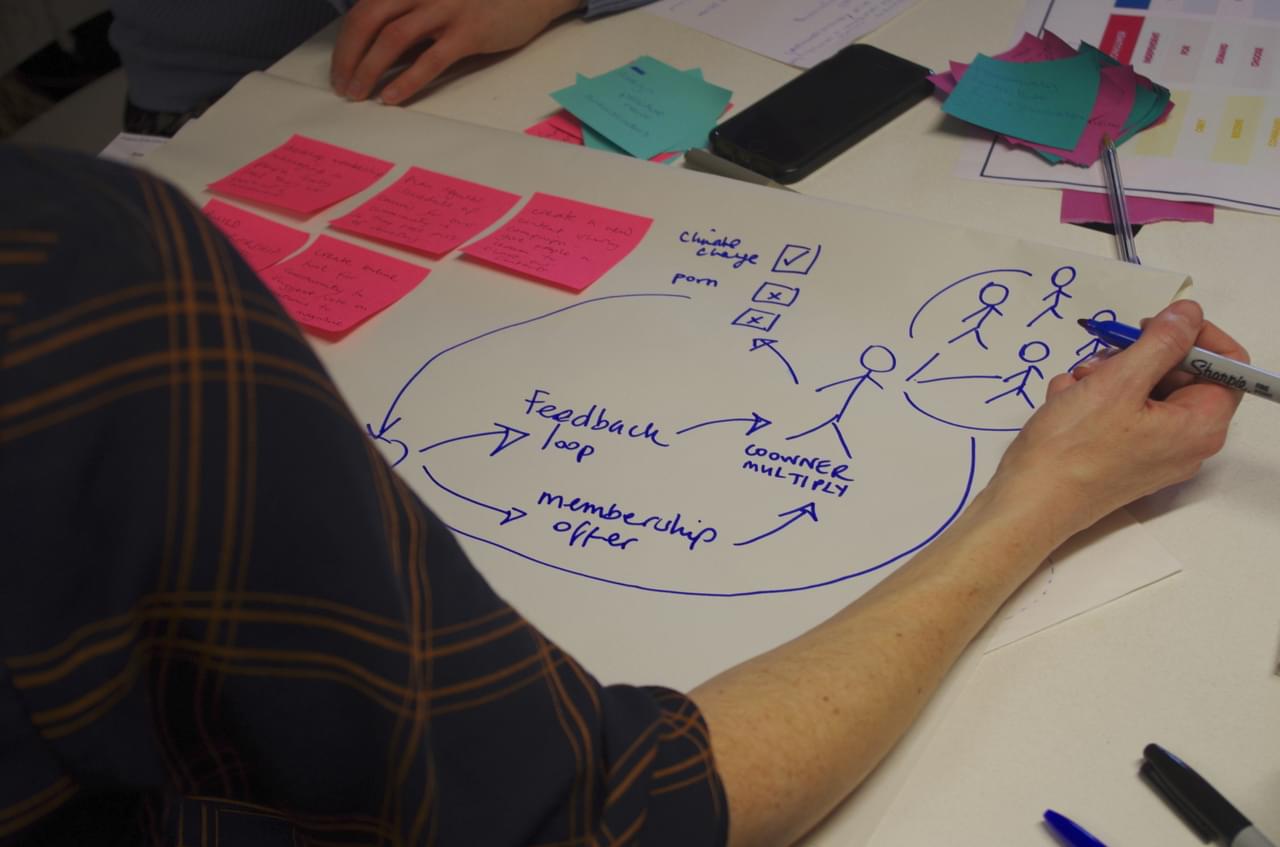
Announcement
The second group selected in the Solutions Journalism Accelerator programme

€1,17 million of grants awarded for nine solutions-oriented development reporting stories
In 2022, we launched the Solutions Journalism Accelerator programme, a project by the European Journalism Centre and the Solutions Journalism Network - delivering financial support, mentoring, coaching, resources, skills development and knowledge transfer across countries. Our goal is to support solutions-focused development journalism in Europe. Solutions journalism is rigorous reporting about responses to problems. It investigates and explains, in a critical and clear-eyed way, examples of people working toward solutions.
We believe solutions journalism does not only benefit media organisations but also leads to more impactful reporting outcomes.
Last year we awarded grant funding for 10 projects, and we are delighted to announce that we selected another group of 9 projects under the second call for proposals of the Solutions Journalism Accelerator. The projects, selected by an external independent jury, will inform the public about big societal topics and challenges such as global health and global development.
What is solutions journalism?
We define solutions journalism as a practice that investigates and explains, in a critical and clear-eyed way, how people try to solve widely shared problems. While journalists usually define news as whats gone wrong, solutions journalism tries to expand this notion by emphasising that what works is also newsworthy. By adding rigorous, evidence-based coverage of solutions, journalists can tell the whole story.
The 9 selected projects are:

Stern and Zeitenspiegel
A Law to improve Life and the Environment in the Global South
In January, the German Supply Chain Act came into force to better protect human rights and the environment in the global economy. For the first time, companies must prove that they are making efforts to protect local people and nature, who often work under undignified conditions. Stern, together with Zeitenspiegel will research four supply chains, at the end of which are products that all consumers in Germany know: in Brazil, Congo, Bangladesh and Côte dIvoire.
Due diligence is one of the most important and, journalistically speaking, interesting subjects these days, both in the countries of the Global south as well as in Germany. We are looking forward to highlight the consequences of a new German law concerning due diligence in a series of articles for digital and the print magazine to raise awareness.
-Marc Goergen, Coordinator Foreign Desk
Slate.FR
Le chemin des écolières -Solutions to reduce the educational gap in the Global South
Slate.fr will produce a series of twelve articles and podcasts that aim to provide an unprecedented overview of the solutions that exist to reduce the educational gap between girls and boys in the South. Poverty, gender violence, early marriages, menstruation, early pregnancies,...
Slate.fr will focus on individual issues which are representative of the systemic obstacles to girls' education in the Southern countries.
Since the decrease in gender inequality depends first and foremost on quality education for girls, we believe it is essential to highlight the efforts that are being made in this area. We are very pleased with the support of the European Journalism Centre which allows us to realise this ambitious project
-Alexandre Bert, Chief of Staff
Der Freitag
Blue New Deal - Saving humanity by saving the ocean
Der Freitag will produce a series about the role of the ocean. It will highlight that the ocean is one of the driving forces in the planet's climate system but at the same time a blind spot in the public debate on climate issues. We have better maps of the surface of Mars and the moon than of the bottom of the ocean. Even at climate conferences, ocean-based solutions for emissions reductions, clean energy or renaturation play a minor role in relation to their vast potential impact. This series aims to change that.
The ocean is all around us, yet it is left out of the planetary consciousness of humanity. We are grateful to get given the opportunity to give the sea the attention it deserves. We will show solutions from all over the world, that both preserve the ocean and use its potential to stop global warming.
-Svenja Beller, co-editor
Context News
The Future of Crops
Contexts series will take a look, crop by crop, at innovations that could help protect farmers, nations food security and the global supply of some of the worlds most important crops, including rice, maize, wheat, bananas and mangoes. Through written and video explainers, Context News will review whats working, whats not, and the solutions that could lead to a more secure future for crops in the face of growing pressures including climate change, conflicts, pests and diseases, weakening supply chains, a struggling humanitarian aid system, and excessive commodity speculation.
We’re thrilled to receive this grant from the EJC which will enable our global climate correspondents to report from countries across Africa, Asia, Latin America and the Middle East on solutions for boosting food security in a more uncertain era and achieving zero hunger, such as better food processing and storage, the increasingly stretched international food aid system, and the role of high-tech and renewable energy in shoring up food supplies.
-Natasha Parker, Director, Thomson Reuters Foundation
Positive News
Developing mental wealth
Positive News will uncover community-led projects that are creating cost-effective ways to improve peoples well-being in developing countries, where government support for mental health is minimal. The year-long series will look at the varied and unique ways that communities are providing mental health services and responding to the systemic problems that threaten their well-being; from conflict to gender equality and climate change.
Mental health problems are the single largest cause of disability worldwide and research has identified close links between mental health and almost every key issue across international development – yet it remains one of the most neglected challenges. We’re grateful and excited to have the opportunity to apply our experience in solutions journalism to this topic in depth, in order to reveal socially valuable insights into how mental health provision is evolving in the developing world.
-Sean Wood, CEO, Positive News
brand eins
Future lab India
Business magazine brand eins will publish a long read series focusing on India, with a rapidly growing middle class and an energy demand that is expected to double in the next 15 years. The Future Lab India project will report on the challenges and solutions of the nations recent epochal transformation, and why they are critical to people not only in India, but around the globe. The series aims to show how Indias society and economy are already working to solve many of the burning issues of our time, such as climate change adaptation, urbanization, water conservation, and sustainable food supply.
We look forward to taking an in-depth look at India and its transformation through this collaboration. By working closely with our experienced reporters and their network of respected Indian colleagues, we will be able to explore this country of superlatives in a way that foreign reporting rarely can. The profound changes the country is undergoing are leaving clear traces - we want to follow these traces, get to know people and initiatives with possible solutions, and understand how this also affects us. A solutions-oriented approach to reporting has been one of our indisputable core values since the inception of our magazine, and we are pleased to be able to give this attitude further reach with this cooperation.
-Gabriele Fischer, Founder and Editor-in-Chief
SciDev.net
African Changemakers
SciDev.Nets project will explore how talented Africans are producing solutions to the problems faced by their communities, taking change into their own hands. African Changemakers a year-long series of podcast episodes in both English and French - will tell the unreported stories of individuals who have been inspired to transform their communities by tackling societal challenges such as gender inequality, poor health, or under-nourishment in innovative ways.
SciDev.Net’s goal is to improve people’s lives by raising public awareness about the value of research, and by creating linkages between researchers and policymakers. We are therefore excited to have this opportunity to sensitize and inspire new European audiences about the potential of innovative Africans to identify their own solutions to societal problems. In addition to this, we are hoping to contribute to a shift in public attitudes to development, and to encourage development policymakers to support the work of grassroots African innovators when designing interventions.
-Ben Deighton, Managing Editor
Agence France-Presse & The Conversation France
Anthropocene: Voices of the Global South
We have entered a new geological period, The Anthropocene, or era of humans. This new era is defined by the overwhelming impact of our species on the planet and underscores the urgent need to transition to an equitably sustainable future. But visions of what an inclusive and good Anthropocene might look like have been dominated by societies more responsible for climate change and environmental degradation. Voices from the Global South are under-represented. This series composed of 20 AFP podcasts and 10 texts written by academics published by The Conversation will provide a space for those voices to be amplified.
Together with The Conversation we will look at solutions offered by the South to foster an ecological transition as well as solutions offered by the North and their impacts for the developing world. We are delighted to have the opportunity to work on this in-depth series and help change the perspective by focusing on responses to the crisis and by giving voice to under-represented actors in the current debate
-Juliette Hollier-Larousse, deputy news director, video and audio & Michaëla Cancela-Kieffer, editor of audio
Working with AFP, The Conversation is excited to bring academics from the Global South and offer them a platform for their voices to be heard on the instrumental subject of a sustainable future. This will be an opportunity to evaluate how the Global South and the Global North cooperate on different initiatives for the ecological transition and to measure their impact.
-Fabrice Rousselot, Editor & Jennifer Gallé, Environment and Energy editor, The Conversation France
BBC Future Planet
Climate Guardians
BBC Future Planet will produce Climate Guardians, a year-long project delving into climate solutions pioneered by women and indigenous communities in the Global South. Climate Guardians will use an intersectional reporting lens to investigate the ways effective climate solutions can address linked problems of gender inequality, food insecurity, health and poverty. These stories will be told by reporters and video journalists based in up to 12 countries in the Global South, bringing compelling local stories to Future Planet’s global audience.
Climate Guardians will be an excellent opportunity to hear underreported stories from communities on the frontlines of climate change. I’m particularly looking forward to hearing from women and indigenous leaders throughout the series, working with local reporters who have a deep knowledge of the communities, challenges and solutions in question.
-Martha Henriques, editor of BBC Future Planet
Interested in finding out what the grantees of the first selection are writing about? Read more about it here.
If you would like to stay updated about Solutions Journalism in general and our Solutions Journalism Accelerator programme, please subscribe to our Solutions, Explained newsletter
Please make a contribution today
Your support will help us continue providing the kinds of opportunities journalists tell us they rely on
Would you like to have a direct conversation about making a donation? Please get in touch.


